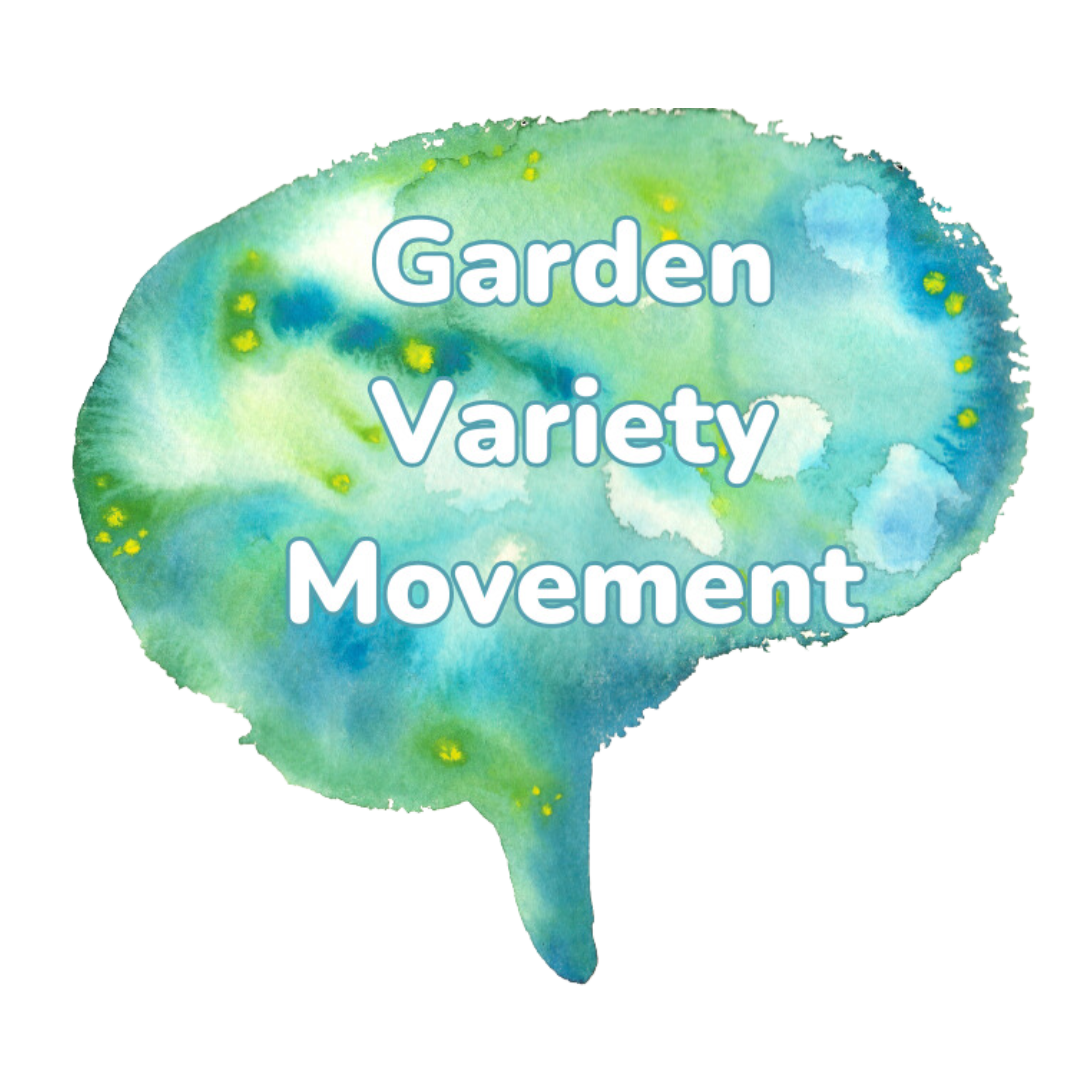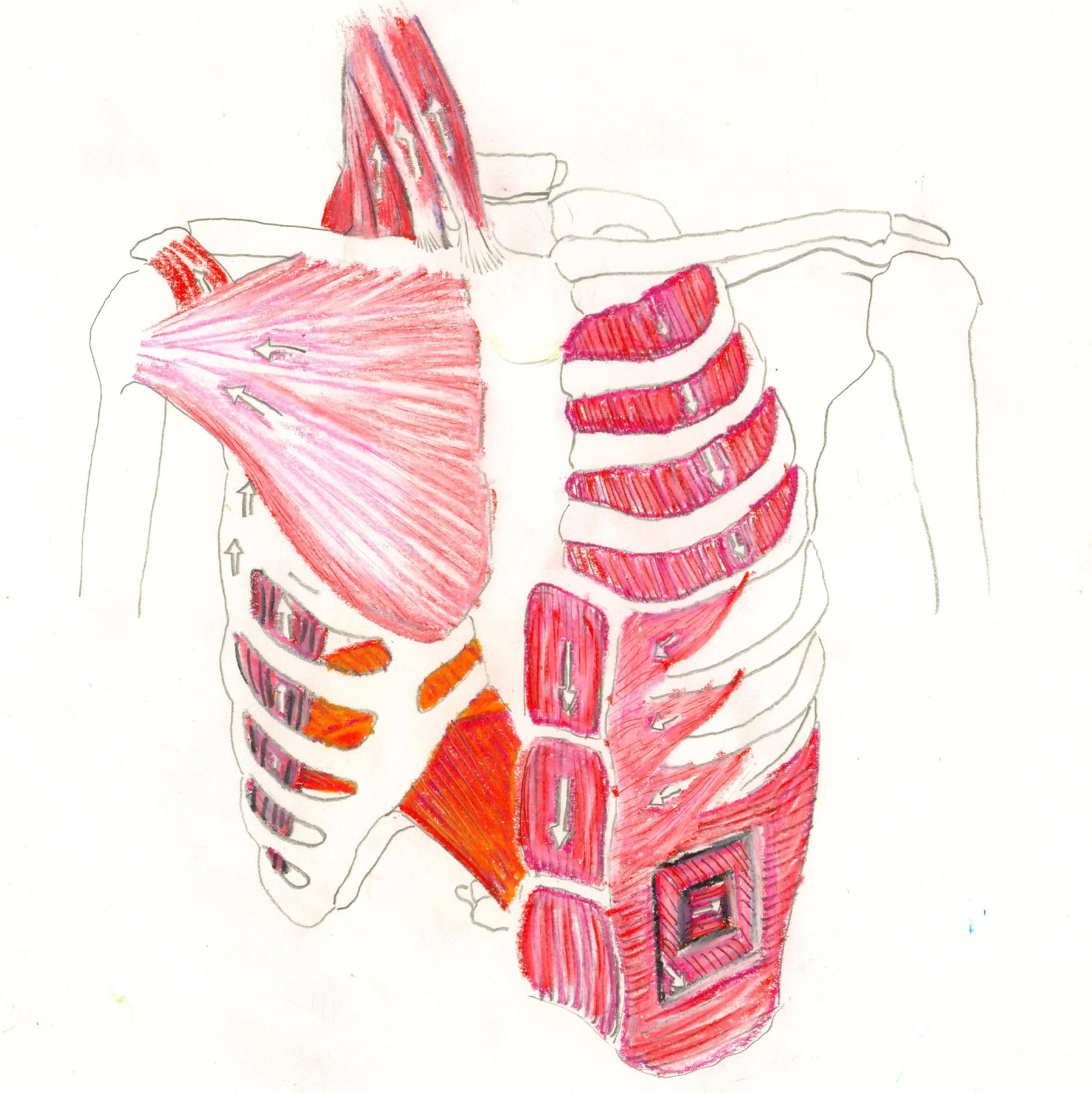
Blog through the Fog
Anti-ableist Conversations: Discomfort, Feedback, and Self Care (Part 2)
In Part 2 of this article, I offer some feedback to course manager and ask her to consider including it in the upcoming Accessibility Audit. I never heard what happened with the audit and in fact the provincially funded course was cancelled after our cohort. I don’t know whether it was reinstated afterwards.
Anti-ableist Conversations: Discomfort, Feedback, and Self Care (Part 1)
Post concussion syndrome is an invisible injury and disability so it is often not obvious that someone is struggling. Since your diagnosis as living with post concussion syndrome, have you ever experienced ableism? Have you felt compelled to share with someone that you felt harmed? Or have you been made uncomfortable by structural, institutionalized ableism? How did you handle it? Where did the conversation go?
No Minor Inconvenience: The Trouble with Describing Head Injuries as Mild
“Mild” and “minor” head injuries are a special type of head injury with their own challenges. Yet for some of us, the changes to our brain affect our entire life.
If you don’t find this term “mild” helpful in describing your concussion, you are not alone in your healing journey. Read on for other ways to work through it and other ways to self-identify.
Breath and Your Brain
Breathing is one of your few body functions that is both automatic and voluntary. During normal breathing, the muscles are controlled automatically from the brainstem, but can also be controlled voluntarily from the motor cortex. Our anatomy is designed to shape the quality of our breath if we take notice with our brains. Learn what types of breathing help calm your central nervous system from a yogic and scientific perspective. Hint: “Take a big inhale and…” is a common yoga cue but it is not relaxing because that big inhale signals danger to the central nervous system.
Returning to work after a concussion: Self-advocacy
I failed so hard at returning to work after my concussions that I had to invent a job for myself. This is the story of how reinventiing myself and accepting my new brain actually helped me to fall back in love with my contributions to society again.





